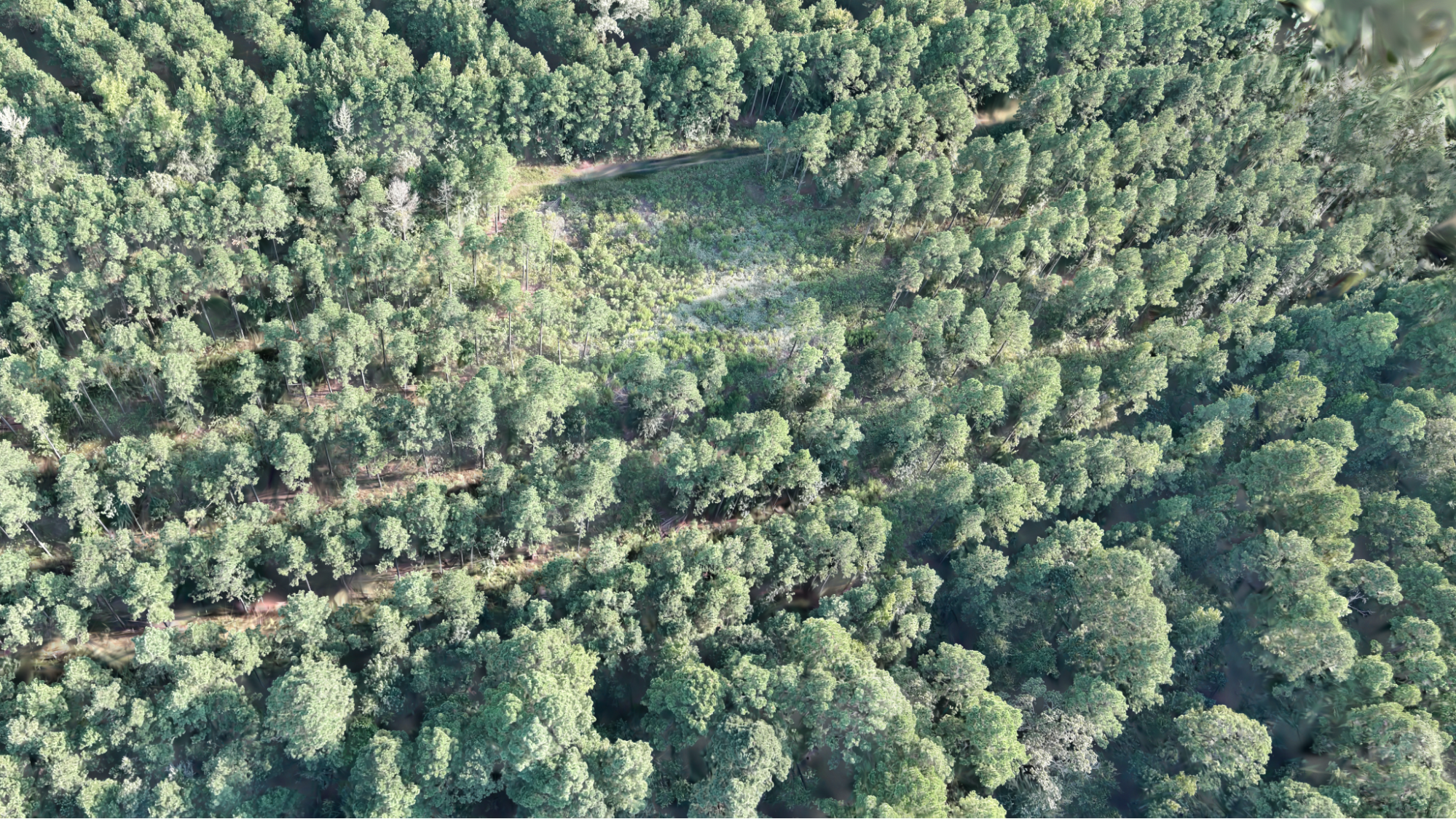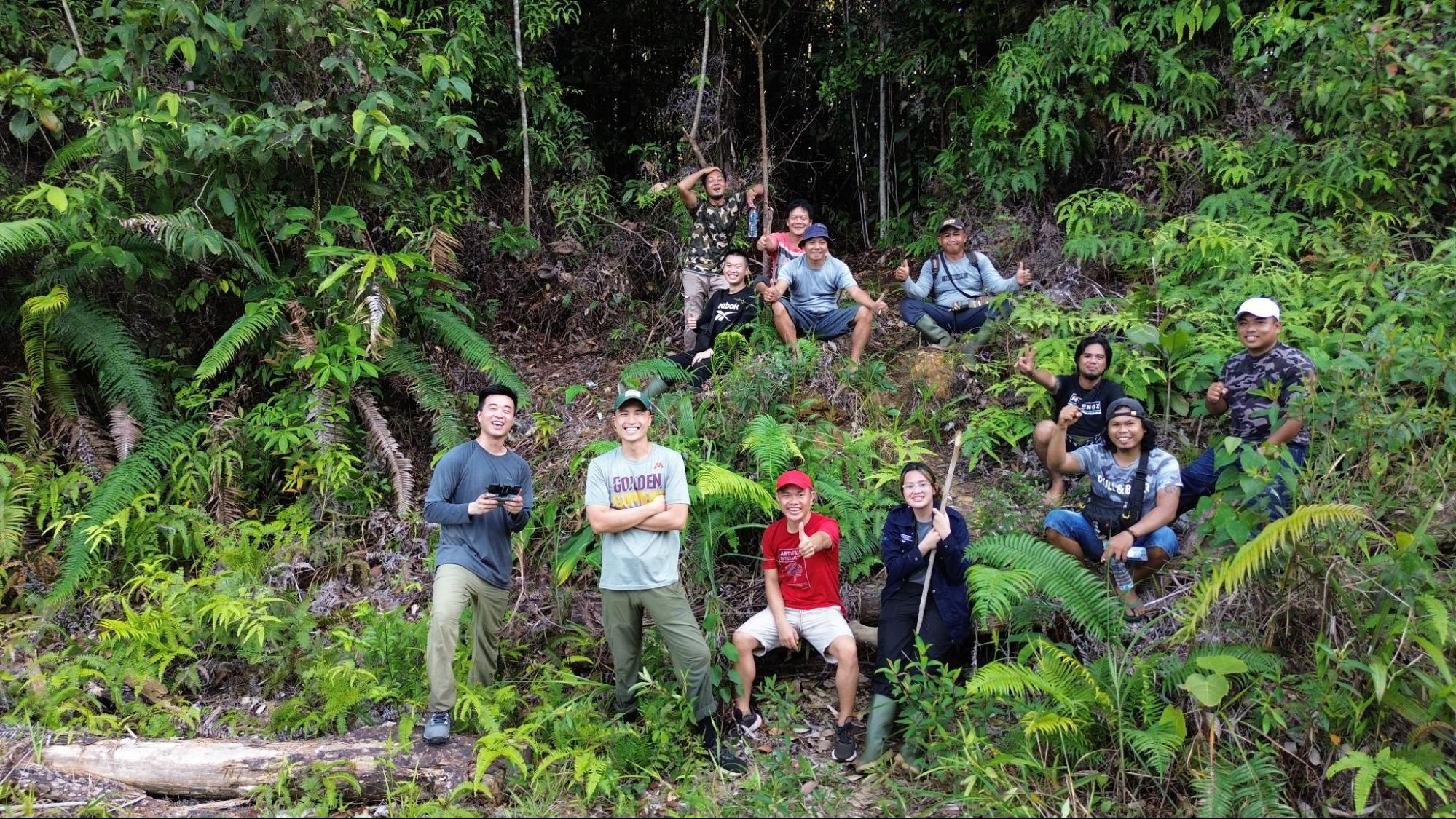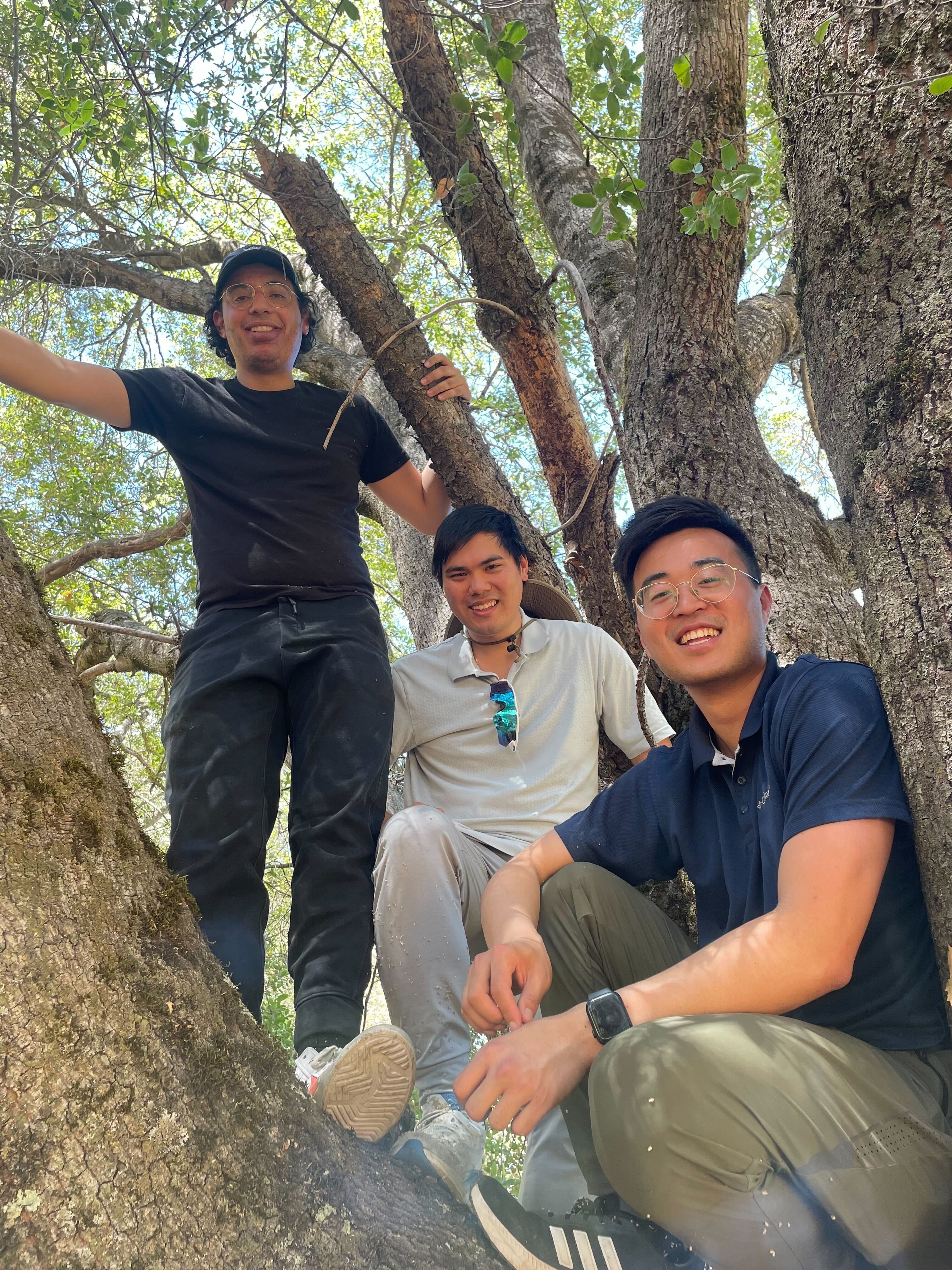Coolant Raises $4.3M from General Catalyst and Floodgate for Climate Spatial Intelligence and 3D Vision
We want to help people understand our natural worlds deeper than ever before.
Across the globe, much of our natural resources and built environments are at risk. Catastrophic floods, wildfires, disease, and climate change threaten the societies we've built, the agricultural lands we harvest from, the forests we breathe from.
Spatial AI represents one of the most promising tools we have for deepening our understanding of land and environments. Instead of needing expensive sensors to build spatial awareness and intelligence, just a couple images can reconstruct a scene in remarkable detail. There's a quiet revolution happening in AI, under the surface of LLMs. 3D vision and spatial AI are massively transforming key industries like transportation, robotics, and manufacturing. We see a brighter future where AI helps us unlock key understandings about the world around us, helping us build better cities, collect more bountiful harvests, and manage healthier forests.
The limiting constraint for this future is data.
General intelligence about land, harvests, and development has always been held back by insufficient data. Even moreso now that the climate is changing more rapidly than ever. The tools we have today for data collection and surveying are so expensive and manual in nature. Everyone from farmers and conservation groups to foresters and public sectors need better data about their land to manage risk, optimize development, and live healthier lives. But pretty much no one but the wealthiest few can afford the regular six-figure aerial surveys or expensive consultants needed to access this data.
Coolant has raised $4.3 million in total funding to help landowners and governments manage their productive lands better by building spatial AI tools. General Catalyst led our seed round and Floodgate our pre-seed, alongside participation from Wicklow Capital and Ponderosa Ventures. We are building proprietary spatio-temporal models at the bleeding edge of 3D vision and deep learning to provide an unprecedented level of knowledge into large scale ecosystem changes, terrains, and landscapes.
Over the next few years, Coolant will be creating the largest spatial dataset on the planet, that maps every centimeter of the Earth's surface. Our approach will use inexpensive commodity drones to scan forests, agricultural land, coastlines, and other economically important landscapes.
These drone scans will then be processed by our proprietary 3D reconstruction models to create digital twins of these productive lands, from which we will garner economically useful insights like inventory, risk analysis, forecasting, and optimized management strategies.

Eventually, our dream is to create a living breathing world model of the entire planet's rich three-dimensional structure that is at centimeter-scale resolution and updated in near-real time. We believe this model will form the intelligent backbone of abundance.
Today, we're already seeing tangible impacts of our technology in the wild. We've partnered with the Ocean Foundation and their Blue Resilience Initiative to help their flagship 1,500 acre mangrove restoration project across hurricane torn coastlines in Puerto Rico. Coolant's enhanced ecosystem monitoring helps the foundation meticulously track forest growth, biodiversity recovery, and carbon sequestration rates, all of which lead to improved restoration outcomes. This project will make Puerto Rico more resilient to future hurricanes and rising sea levels, protecting critical energy resources and coastal homes.
Already, we're live in 14 countries and growing fast. This partnership with the Ocean Foundation represents one of dozens that we've supported with deeper insights about their land, helping them make smarter decisions in management.

Originally spun out of MIT's Climate and Energy Ventures, Coolant team members have deeply technical backgrounds. CEO Michael Wu has been publishing academic research on planetary systems since he was 15. Other founding members are from Harvard, Stanford, are top PhDs in AI, USAMO qualifiers, and have built everything from game engines to enterprise-grade quadcopters. We have hundreds of citations between us and are hungry to translate our academic success to real-world brilliance.
